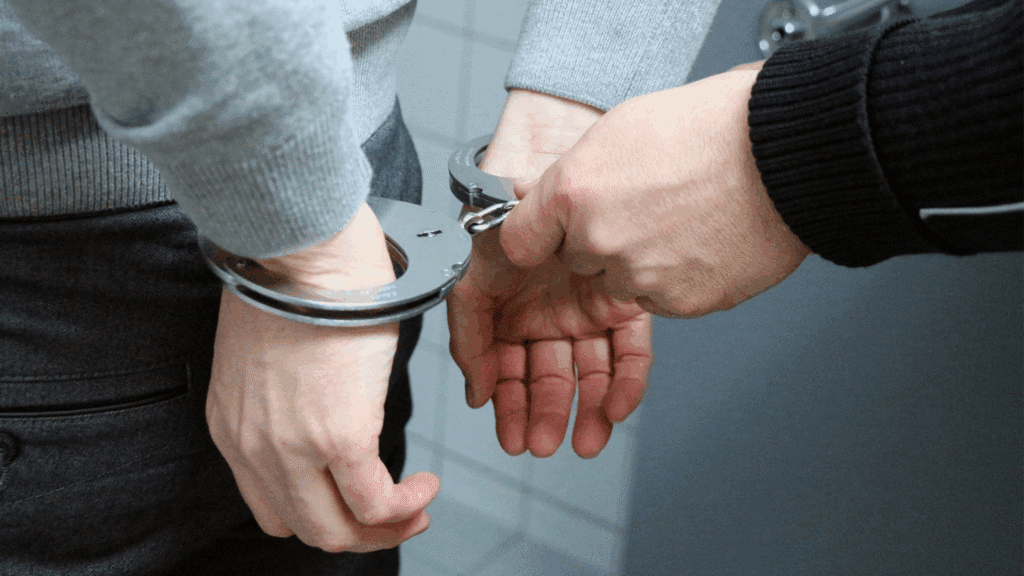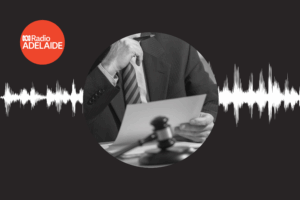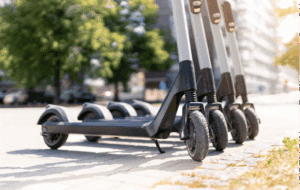
News
I have been arrested. What happens next?
The CCL team talk through the process of arrest, and what you should and shouldn’t do.
Being arrested is something no one plans.
Where a person is dealing with the police and is being taken into custody there will be many questions about what is likely to occur and what they should and should not be doing. There are often misconceptions about the extent of a person’s rights upon arrest and a lack of awareness about how they should interact with police throughout the process.
In the unlikely event that you find police attending on you and placing you under arrest, this is the process that is likely to follow.
What are my rights and what should I do?
Police will attend on you, often at your home and will indicate to you that they are placing you under arrest.
Usually at this stage, they will caution you as to your rights on arrest which are as follows.
- To make a phone call to a nominated friend or relative to inform them of your whereabouts, in the presence of a police officer.
- To have a solicitor, relative or friend present during any interrogation or investigation to which you might be subjected.
- To an interpreter where English is not your native language during any interrogation
- To refrain from answering any questions.
Police are required to inform you of these rights on arrest and prosecutions for criminal matters can fail on account of a person not being properly informed of these arrest rights.
The right to silence is the most commonly known of these arrest rights in Australia and elsewhere but it is not absolute. You are required to provide your name and address and can be required to advise whether you are the driver of a car at a particular time and location.
This is one of the most critical parts of the arrest process and our strong advice to you at this stage would be to in all cases exercise your right not to answer questions. You might think you can explain to police what has occurred, or you might feel that it is impolite to be seen not to cooperate. But it is essential to remember that anything you say can be used against you in a prosecution, with the possibility of your words being misinterpreted or taken out of context in this process.
As soon as you are provided your arrest rights, we suggest you indicate to police you wish to contact a solicitor as soon as you have the opportunity do so.
After you are arrested, the police will take you to a police station in a police car. Sometimes you are handcuffed during this process. While it is important to remain courteous and polite, it is at all stages it is critical to exercise your right to silence if any questions are asked of you.
I’m at the police station. What happens next?
When you arrive at the police station you will be processed and handed into the custody of the Watch House Sergeant who will ask you whether you wish to apply for bail and then determine whether or not to grant you what is commonly known as “police bail”.
Where this occurs, the Watch House Sergeant will provide you with a Bail Agreement which you are required to sign and comply with. The agreement will specify a subsequent court date at a particular time and place which you must attend.
Alternatively, where the Watch House Sergeant decides not to grant you bail, they will provide reasons for their decision not to do so. You will then remain in the custody of police to face a Magistrate on the next available date – often the following day during the week or the following Monday if you happen to be arrested on a Friday or on the weekend.
There is a general presumption that person arrested and charged with offences should be released on bail. There are considerations where this presumption might not apply, such as where a person is likely to disappear, reoffend or interfere with evidence.
There is also a list of offences (which continues to grow with various law reforms) where there is a presumption against bail. This applies in relation to a range of offences including blackmail, contravening an intervention order, choking or causing death by dangerous driving. It is effectively much more difficult for you to be granted bail in these circumstances.
If you are refused bail at your first court appearance before a Magistrate, you will be transferred into the custody of the Department of Correctional Services and will be transferred to the Adelaide Remand Centre. You may remain there for a period of time or be transferred to another correctional facility in South Australia at the Department’s discretion.
Even armed with this knowledge, arrest remains a daunting and uncertain process. At Craig Caldicott Lawyers we can assist throughout the arrest process and encourage you to contact us as soon as possible if you do find yourself under arrest for advice on how to proceed.



